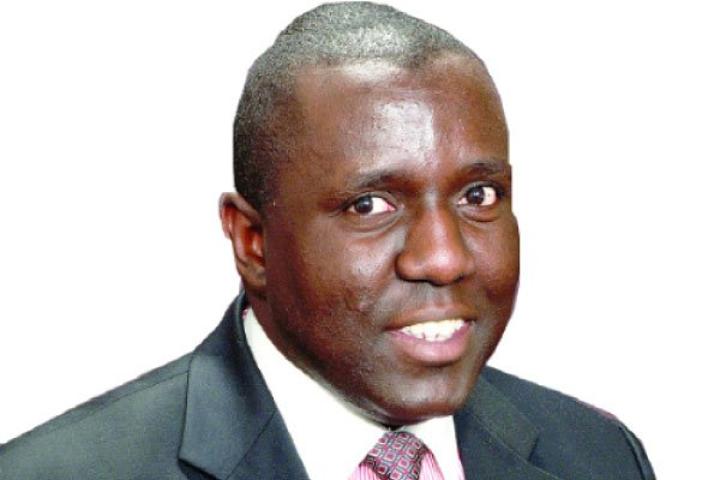Africa-Press – Uganda. There is an alarm in the global energy market. The Wall Street Journal on Monday reported that prices were now at a 13-year high in some markets.
Oil prices are mostly measured by (crude oil, natural gas and refined products). British motorists have been affected by supply bottlenecks that left one quarter of Britain’s 8,300 petrol stations dry.
It turns out the first problem was not enough lorry drivers, the Europeans had returned to the continent exhausted after being ostracised as a migrant economic and social problem.
British Prime Minister Boris Johnson took some action demoting his Foreign Secretary Dominic Raab to the Justice Ministry and promoting a more free movement, open border International Trade Secretary Liz Truss to the foreign office.
The second problem was less internal storage capacity as open borders did not necessitate backup storage. Storage becomes even a bigger issue as the northern hemisphere starts to chill in the months ahead.
Vladimir Putin came to the rescue boosting oil supplies to Europe (Britain included). One day, Mr Putin is a villain, an assassin who has crossed borders with little respect for human rights at home or even as an existential threat to European security yet he is also the biggest energy supplier to Europe.
Crude at $80 (about Shs287,717 ) a barrel (bbl) is good news for oil producers. Low cost crude producers such as Saudi Arabia and Nigeria are reaping the benefits.
In the aftermath of the now folded Heritage-Tullow oil tax dispute that ended with Tullow exiting Uganda and a number of other markets, it was said that confidential oil production sharing agreements had an inflated production share of $70 (Shs251,732) bbl for the producer itself a good deal compared to the fact that crude oil prices at the time of these agreements averaged $100 (Shs359,217) -$110 (Shs394,953)bbl.
The wild swing of oil prices ever since led to a 2023 forecast by the US Energy Information Service of just $58 (Shs208,345) a bbl, until the global economic recovery and drop in drilling capacity produced rising prices and more anxiety as prices continue to soar.
For the taxman, low prices have allowed treasuries to raise petroleum levies cushioned by a low base price. It’s not clear whether Uganda Revenue Authority has produced a study of what Shs5,000 a litre would mean for the broader economy.
In Kenya, the government had to pay off oil distributors from the petroleum fund to “cool off” pump prices which are at a record Kshs140 a litre. In fact energy anxiety of high electricity prices especially taking into account astronomical prices by thermal producers recently cost Energy Secretary Charles Keter his job.
In our local news, the Minister of State for Lands Sam Mayanja is playing a tease game with his former client the Mengo government on government proposals to amend the land law.
The major point of contention now seems to be first the administration of the Official mailo by the Buganda Land Board. Official mailo is 350 square miles in the names of the Kabaka and a number of other official estates vested with offices of the kingdom of Buganda.
Other private mailo legatees include chiefs and other beneficiaries of the spoils of the 1900 Agreement. Crown Land has never quite returned to the people of Buganda as it was administered by the colonial lands office and later the Uganda Lands Commission, and the declaration of public land has left it as the responsibility of district land boards instituted and supervised by the ministry of lands.
In the 25 years since the promulgation of the 1995 Constitution, most so-called public land has been allocated once or twice and most is now eligible for conversion to freehold, an innocent but very popular provision of the Constitution.
In short, the bulk of the public land has been transacted upon. This leaves private mailo especially in Buganda a juicy target for those looking for new land to “okugemula” or distribute. Amin’s Land Reform Decree in 1973 had simply declared all land in Uganda, public land.
Rather than engaging in a futile war of words over land, it is best government tables a bill to establish controlling authorities over land in addition to the Uganda Land Commission and the district land boards. Some of the candidates would include Uganda Wildlife Authority, Buganda Land Board, Church Land Boards.
It is hard to return the ship to port, a ship that sailed a long time ago by banning mailo land.
Mr Ssemogerere is an Attorney-At-Law and an Advocate. [email protected]






